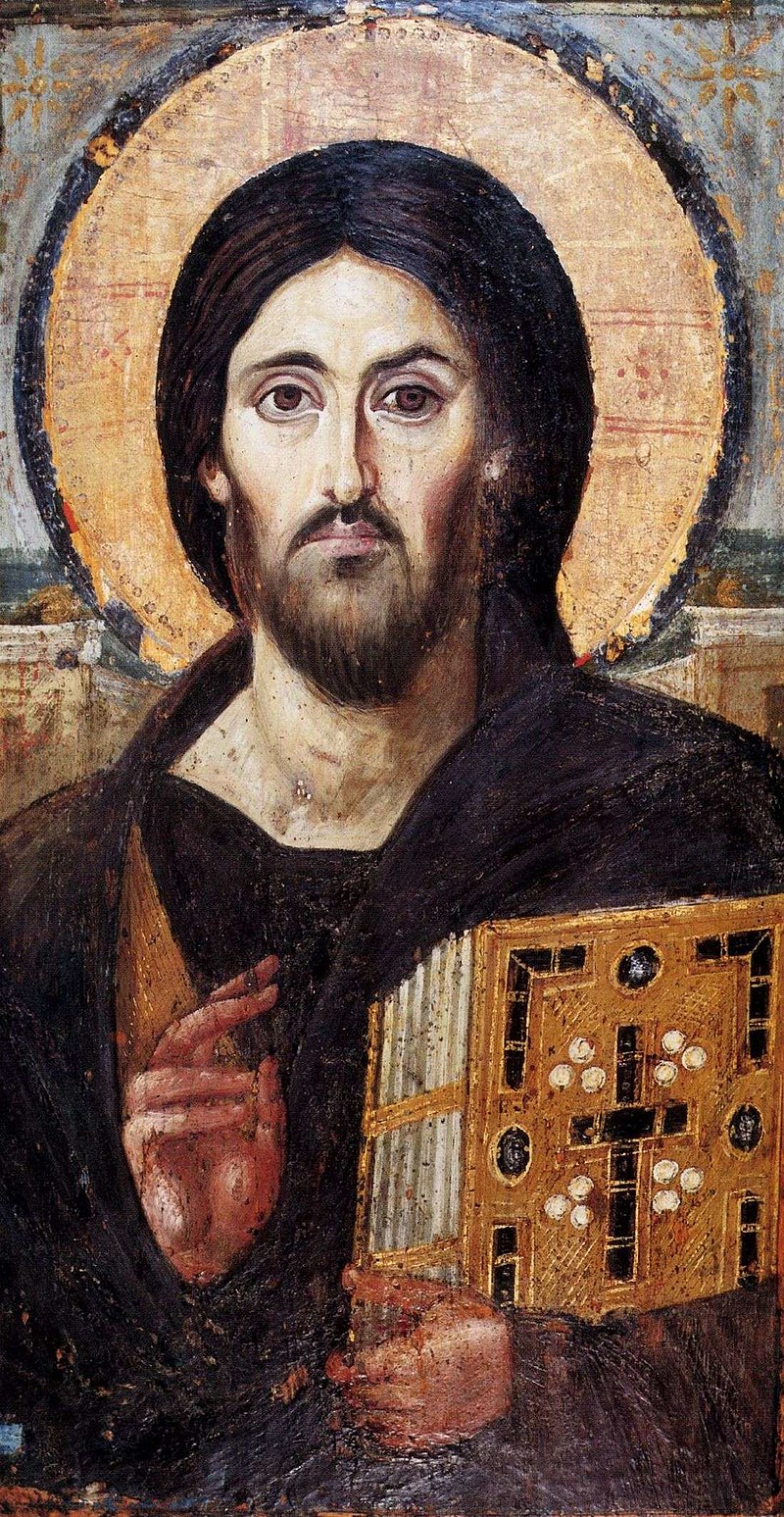A Sermon Preached on The Second Sunday of Epiphany
January 17, 2021 at 11:00 am
For an Online Service with The Anglican Church of St. Thomas the Apostle, Kefalas, Crete.
The readings used were 1 Samuel 3:1-10, Psalm 139:1-5, 12-17, and John 1:43-51.

When God speaks, do we hear?
Maybe it helps to enumerate the way that God speaks to us.
- God speaks to us through creation. The pattern and glory of the cosmos is a reflection of the creator. Some move from that to try and derive natural law, although nowadays we have moved on from Thomas Aquinas and his Aristotelian metaphysics to the sciences of physics, chemistry, biology, astronomy, zoology, medicine, and the social sciences of economics, psychology, sociology, and history. If nothing else, we know that God loves detail and small things, as well as things greater than our capacity to comprehend. He also seems to have a sense of humour, given that we have discovered that most of the material in the universe is the substance known as dark matter.
- As Christians we believe that God speaks to us through the person of Jesus Christ. We read in John that if anyone wants to see the Father, they need to look to the Son. In his incarnation, in his birth and his life, his teachings and healings, in the way he drove evil things out of people possessed, in his suffering and death, and in his resurrection and ascension, God spoke and is speaking to us about who the divine is and who we are.
- And thus we see God speaking to us in the Old and the New Testaments, and we wrestle with all of what that encompasses.
- God speaks to us in the human arts: music and literature, the composite arts of opera and drama, in sculpture and the pragmatic designs of architects and furniture makers.
- God speaks to us in the mouth of friend and stranger.
- God speaks to us in silence.
- God speaks to us in the traditions of the church in all their variety, through the liturgical year and in the sacraments.
- God speaks to us in the cycle of the seasons, the rhythm of the day and the restlessness of the night.
- God speaks to us in our bodies, wonderful and marvelously made, as the Psalm puts it.
- God may speak to us through those who are in power, but it is more likely that God speaks through those who challenge that power and speak truth to it.
- In that vein we hear God speaking to us through the orphan and widow, the hungry child and the refugee, those who have been disempowered because of their belief, their political opinions, the colour of their skin, their sexual orientation or gender identity, their sex, class, or nationality.
- God speaks to us through the saints, from Thomas our patron and Mary Magdalene, the apostle to the apostles, through to Martin Luther King, Oscar Romero, and the Martyrs of the Melanesian Brotherhood.
- And, occasionally, very occasionally, perhaps we hear the voice of God speaking to us in a voice, or through the granting of a vision.
So God speaks to us in many ways, and the challenge is to hear the signal through the noise, as it were, for there are many competing voices, some claiming an authority equal to or greater than God’s.
But in many ways it is very simple. The call to us is “Follow me.” And though the path can be challenging, it is clear enough, for so many have walked it before us. The call demands a response, perhaps that of Samuel: Hinnei in Hebrew, translated “Here am I”, although I like to put it as “Yo!” “Speak, Lord, for your servant is listening.”
God calls us to radiate God’s love in Jesus Christ on this island and beyond.In this season of Epiphany, when we remember how Jesus was manifested to the Gentiles, in his baptism, to his disciples, in his driving away evil things, and in the Temple, may we also manifest the love and glory of God in our lives, being ever more like him.
Below are a few of the ways – art, science, people, natural things – in which God has spoken to me.
The story of Christmas. An icon of Jesus from Sinai. The Hebrew of Isaiah. The White Mountains of Crete. Leonardo’s Ceiling. The humility of Francis. The Earth from space. Thomas Cranmer and the Book of Common Prayer. The poetry of George Herbert and W. H. Auden. The faithfulness of the Queen. Refugees. The reconstruction of the face of a 1st century man whose skeleton was found near Jerusalem. Handel’s Messiah. The philosophy of Emmanuel Levinas.















